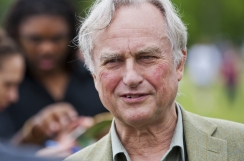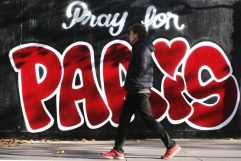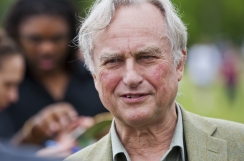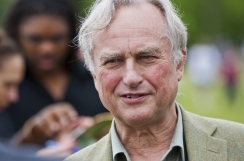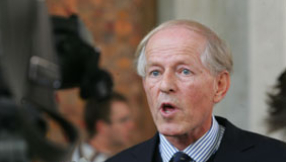Despite spending years criticising Christianity, well-known atheist Richard Dawkins is now admitting that Christianity is much better than Islam.
Dawkins even conceded that "Christianity may actually be our best defence against aberrant forms of religion that threaten the world," according to The Gospel Herald.
Dawkins noted that Christianity, unlike Islam, does not make use of violent methods to fulfill its teachings. "There are no Christians, as far as I know, blowing up buildings. I am not aware of any Christian suicide bombers. I am not aware of any major Christian denomination that believes the penalty for apostasy is death," he said.
He admitted that he has "mixed feelings" concerning the decline of Christianity, because this faith-based group might just be "a bulwark against something worse."
The atheist reasoned that he constantly attacked Christianity in the past simply because it is the religion he is most familiar with, having attended Christian schools while growing up. Even though he was born in Africa, Dawkins and his family moved to England when he was nine years old.
His disdain towards the religion might have stemmed from the sexual abuse he encountered in school, although he used to say: "Horrible as sexual abuse no doubt was, the damage was arguably less than the long-term psychological damage inflicted by bringing the child up Catholic in the first place."
Because of his parents' deep love of science, Dawkins followed suit and pursued the field of biology. Even though Dawkins appears to be a logical-thinking scientist, the atheist argues that he is often misunderstood by the media and the public.
"I seem to be perceived as aggressive and strident and I don't actually think I am strident and aggressive. What I think is that we have all become so accustomed to seeing religion ring-fenced by a wall of special protection that when someone delivers even a mild criticism of religion, it's heard as aggressive when it isn't. I like to think I'm more thoughtful and reflective," he said.










